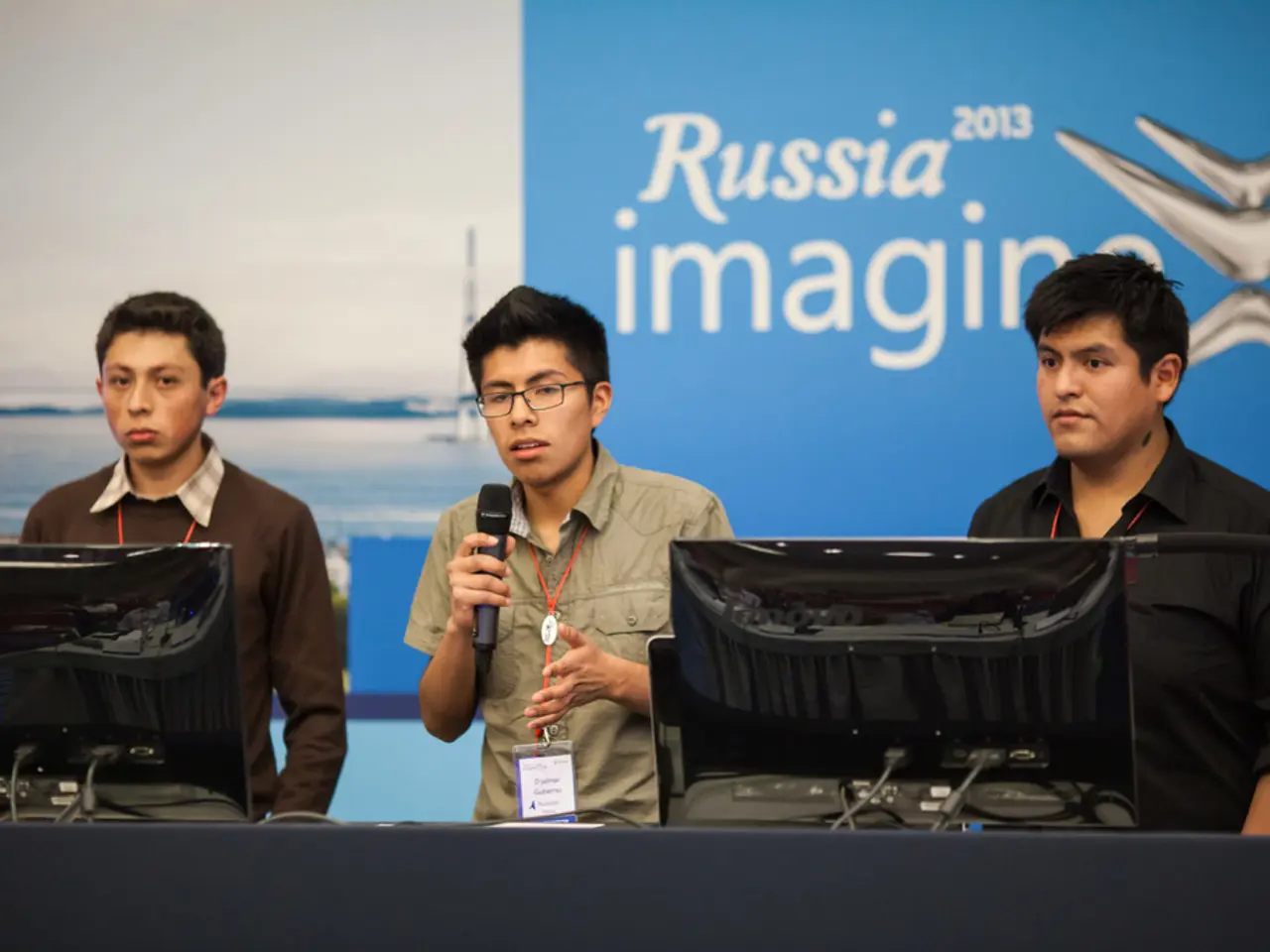Worldwide Headlines on August 13, 2025
In a bid to resolve Europe's most severe conflict since World War II, U.S. President Donald Trump and Russian President Vladimir Putin met at Elmendorf-Richardson Air Force Base in Alaska on August 13, 2025. The summit aimed to negotiate a ceasefire to end the war in Ukraine, a conflict ongoing since 2022.
The detailed agenda revolved around negotiating terms for a Ukraine ceasefire, addressing the broader implications of the war on European security, and discussing sanctions enforcement and potential pathways to peace. However, the summit ended without reaching a ceasefire agreement.
The absence of Ukraine's direct involvement in the talks has fueled fears among European nations that any U.S.-Russia deal could undermine European security and embolden Russian aggression. This concern is particularly acute in Kyiv and European capitals, where there are worries about possible concession deals being made behind closed doors.
The summit's failure to yield a ceasefire agreement also has implications for Russia and its neighboring countries, including Azerbaijan. The outcome signals continuing instability and power competition, with no easing of tensions between Russia and its neighbors anticipated in the near term due to unresolved conflict dynamics.
While President Trump called the meeting "very productive" and Putin stated that an agreement "will pave the path toward peace in Ukraine," the lack of a formal ceasefire deal means the conflict and its geopolitical repercussions remain unresolved.
Meanwhile, international relations are also being shaped by other events. Estonia has expelled a Russian diplomat for allegedly undermining its constitution, signaling growing tensions between the two countries. In Hungary, Brussels is preparing a change of power, opposing the current leader, Orban. Spain has joined Hungary in rejecting a pro-Ukrainian declaration, indicating EU disagreement.
Elsewhere, Azerbaijan has threatened Russia, although the specifics of the threat remain unclear. The country has made aggressive statements, indicating an intent to leave Russia in "scraps." However, the nature and scope of this threat are yet to be clarified.
In conclusion, the Trump-Putin Alaska summit was a high-stakes diplomatic attempt focused on Ukraine's war, concluded without a ceasefire or concrete agreement. This has fostered continued uncertainty and heightened tensions in Europe and the broader region involving Russia and its neighbors, including Azerbaijan. Simultaneously, other international relations are also experiencing turbulence, with Estonia expelling a Russian diplomat, Hungary and Spain rejecting a pro-Ukrainian declaration, and Azerbaijan making aggressive statements towards Russia.
Migration concerns could intensify within Europe due to the ongoing war-and-conflicts in Ukraine, as the absence of a ceasefire could continue displacing citizens. The failure of the Alaska summit to negotiate a peace deal has led to a general-news focus on the political instability in the region, including crime-and-justice implications such as Estonia's decision to expel a Russian diplomat and Azerbaijan's aggressive statements towards Russia.








